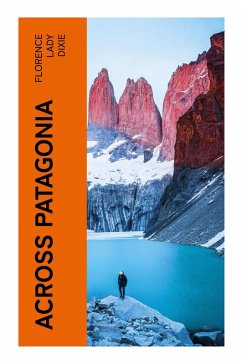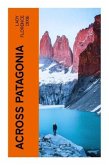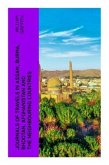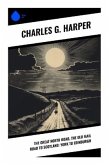In "Across Patagonia," Florence Lady Dixie embarks on a transformative journey through the rugged terrains of Patagonia, chronicling her adventurous travels during the late 19th century. With a prose style that is both lyrical and vivid, Dixie captures the breathtaking landscapes, diverse ecosystems, and the vibrant cultures she encounters. This travel narrative not only serves as a documentation of her explorations but also reflects the Victorian-era fascination with the sublime in nature, intertwining personal anecdotes with broader observations about the geopolitical landscape and indigenous societies. Her work offers a keen insight into the struggles and triumphs of female explorers in a male-dominated field, illuminating themes of resilience and discovery. Florence Lady Dixie was a pioneering figure in travel writing, driven by her own adventurous spirit and a desire to challenge societal norms for women of her time. Born in an era when women's roles were largely confined todomesticity, her journeys across Patagonia symbolize a quest for autonomy and empowerment. Her background as an aristocrat with the privilege of travel, combined with her acute observations, provide a unique lens through which she explores the harsh yet majestic wilderness of South America. "Across Patagonia" is a must-read for anyone intrigued by travel literature, feminist perspectives, or 19th-century explorers. Dixie's eloquent writing offers both immersive descriptions and thoughtful reflections that resonate with contemporary readers, making it a timeless account of adventure and courage. This work not only broadens our understanding of Patagonia but also highlights the untold stories of women adventurers who have shaped the literary landscape.
Bitte wählen Sie Ihr Anliegen aus.
Rechnungen
Retourenschein anfordern
Bestellstatus
Storno








